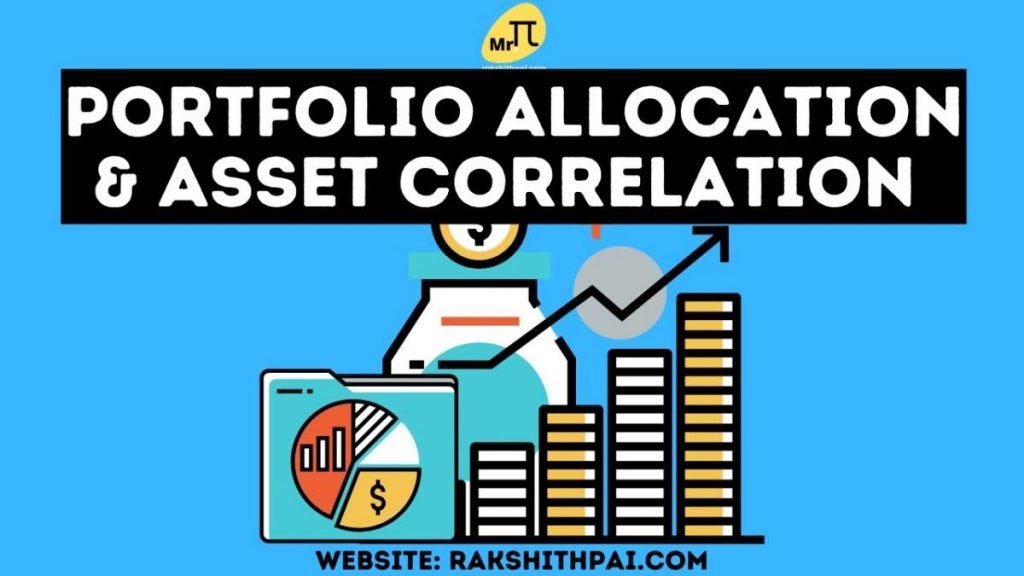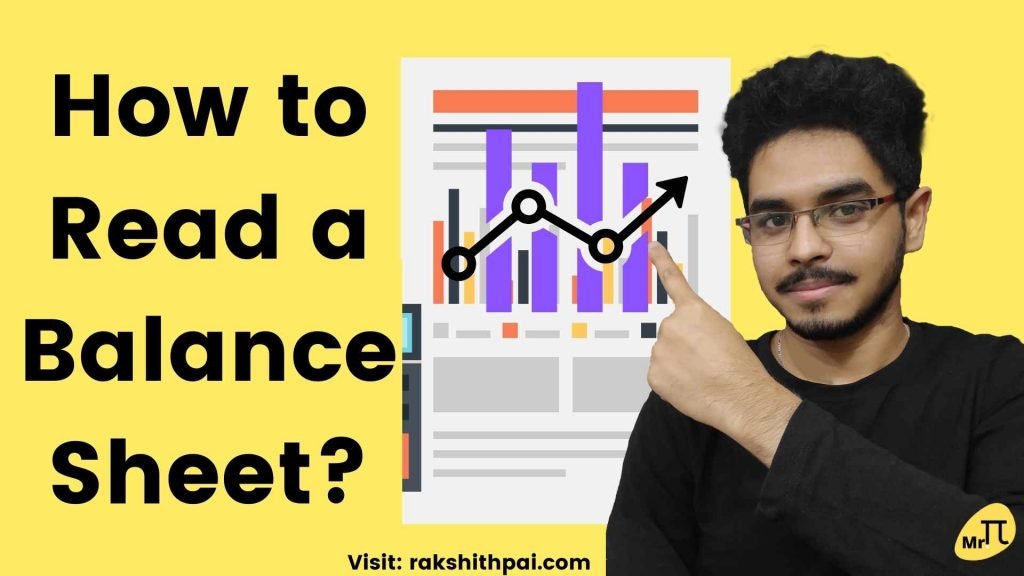Table of Contents
What is comprehensive financial planning?
When it comes to our personal finances, we’re all planners in one way or another. Whether it’s financial, tax, or retirement planning,
The term “financial planning” refers to the practice of managing one’s money in order to achieve one’s long-term goals in life. While everyone’s financial goal is different, common ones include putting money down for a house, college funds for the kids, and a secure retirement.
Your financial planner’s main job is, of course, to help you plan for the financial future of your family.
A financial plan is a comprehensive breakdown of the actions you will need to take to reach your financial goals. You might want to pay for your children’s college education, have a safe retirement, or pass on as much of your wealth as you can to the next generation.
After discussing with you in regards to your income, expenses, savings, investments, and finally, the financial goals you have, your financial planner will help you draft a plan called “comprehensive financial planning”.

Components of Comprehensive Financial Planning;
Comprehensive financial planning is a complete process in itself. And it includes the following;
Retirement planning
Planning for retirement means making plans now to ensure that you can pursue your passions and interests in your own time once you retire. Planning for retirement includes things like deciding how much money you’ll need in retirement and how to save that money effectively.
Every pension plan is different. After all, you probably have some firm plans for how you’d like to spend your golden years. That’s why it’s crucial to have a strategy that’s tailored to your unique requirements.
Remember, your retirement is your responsibility!
Tax management
Tax management is nothing but tax planning. Did you know that post-retirement, taxes are one of the biggest causes of concern for many, and an unplanned retirement that’s not tax-friendly could see over 20% to 30% of the entire corpus spent on tax?
In order to pay the least amount of tax possible, it is important to do a thorough tax planning study. Tax management refers to one’s ability to reduce an individual’s or business’s taxable income through planning. A person’s financial strategy would be incomplete without including tax planning. To achieve financial success, it is essential to minimise tax obligations and maximise retirement savings.
Do you want to save on your taxes? Read this article, 15 Best Ways to Save Income Tax in India. CLICK HERE!
Risk management
Risk management helps you find, evaluate, and deal with threats to your resources and profits. External factors like financial uncertainty, legal liability, technical problems, bad investment decisions, accidents, and other emergencies are all things that can put your money at risk.
An effective risk management program encourages you to think about all of the threats you and your personal finances could confront. Here, your strategic goals are also investigated as part of the risk management process.
For example, if you have very little savings and are fired from your job due to the economic downturn, and then, while on your way back home, you meet with an accident.
How could you avoid all these incidents at once? Can you do something? The answer is yes.
For instance, having an emergency fund, a side hustle, and health insurance will solve the above financial constraints. Maybe, not to a full extent. But it’ll save you from complete disgrace.
Debt structure
The debt structure is all about things like when a debt is due, how the principal is paid back, and what happens if it is paid off early. Debt structure statements can be used to look back at your debts because they rank them based on things like their maturity and security.
We all want to become debt-free. Right? Becoming Debt-Free: An Easy & Quick Way. To read more, CLICK HERE!
Insurance
There’s no talk about financial planning without insurance. In fact, the entire concept of your financial planning revolves around the idea of insuring yourself and your loved ones.
Coverage under an insurance policy, which is also called insurance, is a contract between an insurer and an insured. In exchange for a premium, the insurer agrees to pay the insured a lump sum in the event of a loss.
Under comprehensive financial planning, we talk about the three major forms of insurance.
- Personal health insurance
- Term life insurance
- Property Insurance
What Should You Look for When Buying Health Insurance?
Estate management
Estate management can refer to either the management of a commercial property, such as an office building, hotel, or retail store, or a residential property. Appraising, acquiring, developing, promoting, and managing a property are all aspects of estate management.
Estate management in your financial planning also means drafting a ‘Will’. A document that says what and what not about your wealth after you cease to exist. It safeguards your family’s interest in your properties as per your demands.
Education Financing
Did you know that education costs are the most important financial concern for the parents of a child? In one survey, over 55% of the parents said that their financial planning was mainly concentrated on funding the education of their child.
With tuition prices going up, the question of how to pay for college is becoming more and more important. Many people rely primarily on student loans and financial support from family to cover this cost. Some people also start saving for the many costs of higher education very early on.
Why Do We Need Comprehensive Planning?
This question comes to mind for everyone. People who have achieved lasting success in their careers have been doing it for centuries. We even have professional services to assist us plan our finances.
As the number of nuclear families rises, more and more people are opting to use the services of certified financial planners. The days of the government providing for its citizens even after they had retired are long gone.
Your retirement is your responsibility. And the following are some factors where your responsibility lies:
- Rising Cost of Education
- Increased Medical Cost
- High cost of lifeStyle
- Complex Investments Products
- Increasing Life Expectancy
- Reducing working years
- Self-Funded Retirement
- Nuclear Family
- Late Marriage
- Illnesses
Seven (7) Important Personal Financial Overhaul:
Components of a Good Financial Plan:
Those who have a financial plan are more likely to save money regularly and make timely payments, according to the Modern Wealth Survey. The question is, then, what does a sound budget entail?
Here, we’ve pointed out 5 major Components of a Good Financial Plan
Budgeting
The budget is where all of your planning efforts will come to a head. It can show you where your cash is going and where you might make cuts to reach your financial objectives.
Using a budget calculator is a good way to make sure you don’t forget about one-time but significant costs like auto maintenance, medical bills, and property taxes. As you make your list, prioritise the necessities, like food and shelter, over discretionary expenditures like dining out and fitness centre subscriptions.
Use “what if” scenarios to stress-test your budget as you think about how your goals will fit into it. What if you need to retire sooner, or if you wish to? What if you refinance into a smaller loan? It is possible to observe how changing specific assumptions could affect your savings plan with the use of tools provided by some robo-advisors.
For more information on Budgeting & Its Importance, CLICK HERE!
Debt management
Debt is often stigmatised, yet not all loans should be avoided. Building equity and improving one’s credit score go hand in hand, and a mortgage is only one example. However, credit card debt and other forms of high-interest consumer debt can seriously damage your credit rating. In addition, the sum you spend on interest and other loan costs is money you won’t have for other uses.
Make sure you design a strategy that will help you pay off any high-interest debt as soon as feasible. A financial planner can help you figure out where to begin and how much of your monthly income should be allocated to paying off debt.
Read our article on Becoming Debt Free: An Easy & Quick Way. To read more, CLICK HERE!
Emergency funds
An emergency fund can help you avoid having to dip into your long-term savings to make ends meet in the event of an unforeseen event, such as the loss of a job or a large medical cost.
It’s recommended to have enough savings to cover at least three to six (3-6) months, and preferably six months, of basic living costs. (e.g., groceries, housing, transportation, and utilities). Put the funds somewhere you can easily access them in a pinch, such as high-interest savings or checking accounts.
Insurance coverage
You should have insurance to protect yourself from financial loss, something that is unpredictable. The following are the types of insurance:
Health Insurance
In the event of sickness, health insurance can help pay for the associated medical costs. These expenditures can include those associated with a trip to the emergency room, prescription drugs, a doctor’s visit, etc.
Life Insurance
Life insurance is a type of insurance in which the insurance company agrees to pay out a benefit to the policyholder upon the covered person’s death or after a certain length of time if the premiums are paid.
Term Insurance
The policy term refers to the period of time that your term insurance policy will protect you. In the event of your untimely demise within the policy’s effective term, the policy’s sum insured will be paid to your nominee.
Motor Insurance
Motor vehicle insurance, often known as automotive insurance, is a policy that protects policyholders financially in the event of an accident that causes physical harm to another person or their property.
Retirement
You’ll need around 70% to 80% of your current salary in retirement, according to a common rule of thumb. This, however, is predicated on the assumption that you have paid off your mortgage, your children are financially independent, and you will no longer have any work-related obligations or taxes after you retire.
In retirement, you may also increase your outlays for things like vacations, fine dining, presents, and helping out family and friends financially. You may get an idea of how much money you could need in retirement by using a retirement savings calculator and plugging in various scenarios.
10 Best Ways to Prepare for Retirement:
Conclusion:
Your current financial status may be revealed through a thorough analysis performed by a professional adviser, who will then be able to propose the best course of action. A proper financial plan will assist you and your loved ones in matters of health, wealth, and well-being.
All facets of your health, not just a select handful, require your attention and care. You might think of this as your all-encompassing strategy for health and happiness. After all, your health and wellness are not independent of one another; rather, they are interdependent and mutually beneficial.
In a similar way, all of the parts of your financial situation are connected and depend on each other, which leads to a positive financial outlook. You aren’t the only one who can reap the rewards of both. Your loved ones also feel your sense of relaxation, comfort, and the benefits of your wise choices.
Thus, the need for comprehensive financial planning is more important now than ever before.
Managing investments is only one part of comprehensive financial planning. It extends well beyond the design of a retirement plan, the funding of a child’s education or marriage, or even the routine monitoring of an investment portfolio.
Planning for and wisely handling life events is the essence of comprehensive financial planning. It covers everything from starting a business to saving for retirement and leaving an inheritance to your heirs.
A well-rounded plan may shed light on how choices made in one area of personal finance might have repercussions in other areas of planning.
Disclaimer: All the information on this website is published in good faith and for general information purposes only.









